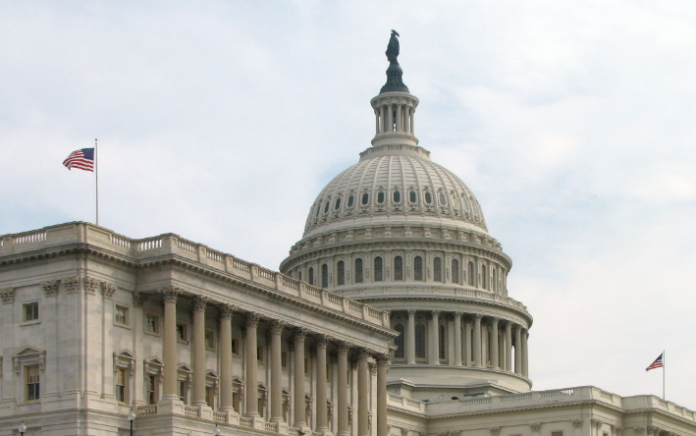Supreme Court Chief Justice John Roberts refused an invitation to attend a Senate Judiciary Committee hearing on potential ethics reform for the high court. He cited the well-established principles of separation of powers and judicial independence in a letter released this week. The committee’s chair, Dick Durbin (D-IL), had requested his presence or the presence of a delegated justice.
Roberts stated in the letter that he respectfully declines the invitation. He also pointed out that in the past 102 years, only two sitting chief justices have appeared before the Senate Judiciary Committee, which is an extremely rare occurrence. He explained that this should be done with consideration to the principles of separation of powers.
JUST IN: Chief Justice John Roberts rejects Senate Democrats’ call for testimony on Supreme Court ethics https://t.co/XYBtDYBt3l
— The Washington Times (@WashTimes) April 25, 2023
According to Roberts, the two occasions when a sitting chief justice appeared before the Senate Judiciary Committee were related to routine judicial administration.
This occurred with Chief Justice William Howard Taft in 1921 and Chief Justice Charles Evans Hughes in 1935. In his letter to the committee, Roberts attached a “Statement of Ethics Principles and Practices,” indicating that the members of the high court already adhere to this standard. He explained that these practices encompass broadly worded principles that guide ethical conduct and practices for federal judges.
The Senate Judiciary Committee began an inquiry following a ProPublica article in April that alleged Justice Clarence Thomas received gifts from a Texas Republican fundraiser. This led Durbin to call for the committee hearing, citing revelations of justices falling short of ethical standards.
However, Democrats may also be motivated by recent rulings by the conservative-leaning Supreme Court that have outraged the Senate majority. It is possible that they are using ethics as a guise to attack the conservative majority and discredit them as unethical. After Roberts declined the invitation, Democrats accused him of ignoring obvious ethical breaches.




